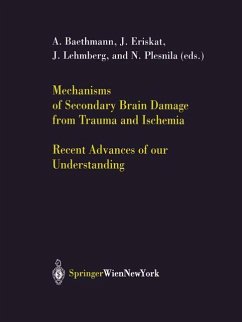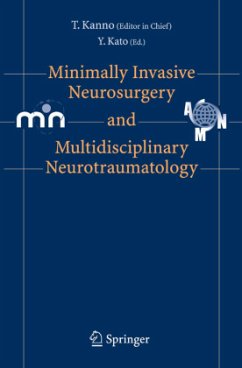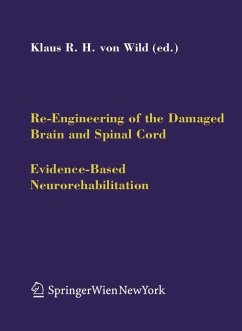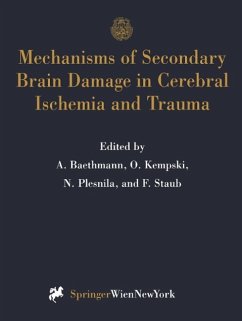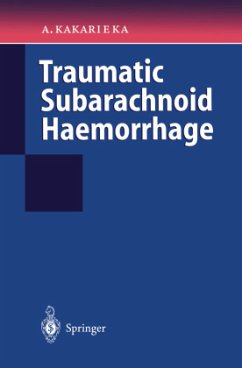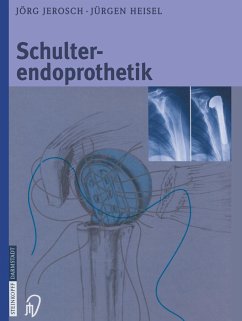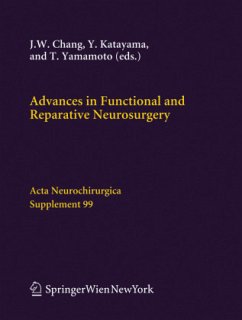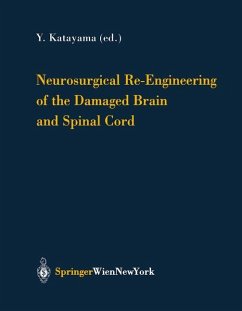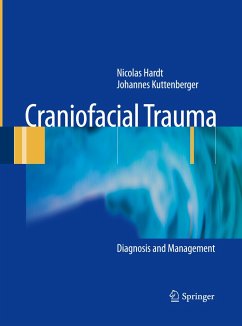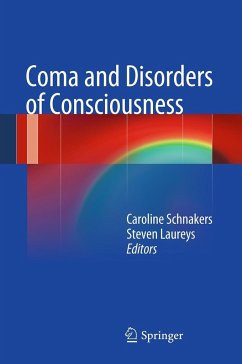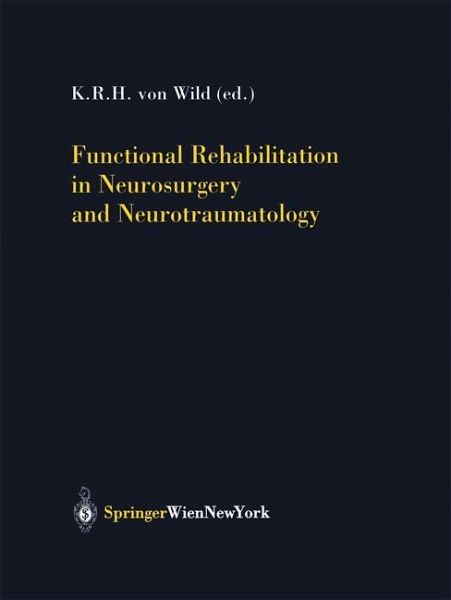
Functional Rehabilitation in Neurosurgery and Neurotraumatology
Versandkostenfrei!
Versandfertig in 1-2 Wochen
115,99 €
inkl. MwSt.

PAYBACK Punkte
58 °P sammeln!
Rehabilitation in Neurosurgery is not a new task but on Neurosurgical Rehabilitation in Munster, offering rather an indispensable part of neurological surgery the opportunity to visit various types of neurosurgical from the beginning, intended to avoid or to improve rehabilitation facilities. During this conference it be diagnosable or impending damage to the CNS, and came apparent that neurorehabilitation had been ne to prevent secondary and tertiary complications by glected by most of the neurosurgeons around the world adequate therapeutic measures. Rehabilitation should during the second ha...
Rehabilitation in Neurosurgery is not a new task but on Neurosurgical Rehabilitation in Munster, offering rather an indispensable part of neurological surgery the opportunity to visit various types of neurosurgical from the beginning, intended to avoid or to improve rehabilitation facilities. During this conference it be diagnosable or impending damage to the CNS, and came apparent that neurorehabilitation had been ne to prevent secondary and tertiary complications by glected by most of the neurosurgeons around the world adequate therapeutic measures. Rehabilitation should during the second half of the last century and it was agreed to improve on this situation by publishing the start right at the onset and site of the acute impact to the brain, spinal cord or peripheral nerves. Thanks results of their work as a special volume. to the tremendous progress in modern neurosurgery Selected papers from another two meetings (the regarding microsurgical techniques, instruments, so 5th Annual Meeting of the Euroacademy of Multi disciplinary Neurotraumatology, organised in con phisticated technologies, multidisciplinary team ap junction with the Meeting of the European Brain proaches, neuro-imaging, neuropharmacology, anti Injury Society and France Traumatism Cranien, Paris, biotics, neuroanaesthesiology, and intensive care organized by the Congress President Jean Luc Truelle, treatment, more and more patients frequently survive on September 20-23, 2000; Workshop on Early Re even life threatening lesions to the brain and spinal habilitation, Maribor, Chair Matej Lipovsek, March cord, however, at the expense of severe sensory, motor



